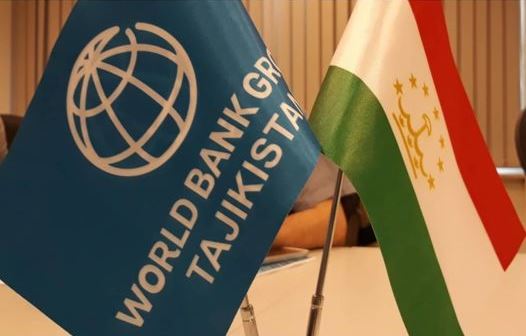Ozan Sevimli, a German national, was appointed as World Bank Country Manager for Tajikistan and Turkmenistan starting August 2, 2021, according to the World Bank.
In this position he will lead the World Bank’s policy dialogue and manage overall program delivery.
Prior to this assignment, he was serving as World Bank Resident Representative for Jamaica and Guyana in the Latin America and Caribbean Region.
Previously he has served as the Program Coordinator for the South Caucasus unit of the World Bank (2016-2019), based in Tbilisi, Georgia. He has also served as Senior Strategy and Operations Officer in the Vice President’s office for the Europe and Central Asia Region of the World Bank. He supported senior management in the development and implementation of the Bank’s regional strategy and corporate priorities.
Between 2005 and 2012 he worked in the World Bank’s Operations Policy and Country Services department and the Africa Regional department as a labor economist.
Prior to joining the World Bank, he was a labor market specialist at the German Employment Agency.
 ИЗОБРАЖЕНИЕ Mr. Ozan Sevimli
ИЗОБРАЖЕНИЕ Mr. Ozan Sevimli
Mr. Sevimli holds a master’s degree in Business Administration from the University of Texas and a master’s degree in Labor Economics from the University of Applied Sciences of Mannheim.
Over the last four years the World Bank’s financial and analytical support in Tajikistan has grown by three times from US$366 million in fiscal year 2017 to over US$1.2 billion in fiscal year 2021, almost entirely grant-financed, proving strong commitment to support Tajikistan’s transition to a new growth model led by investment and exports in line with the National Development Strategy up to 2030.
The World Bank’s country program in Tajikistan currently comprises 24 projects with a net commitment of US$1.2 billion including 19 national and five regional projects that focus on energy sector and tax reforms, improving transport connectivity and trade, investing in education, early childhood development, disaster risk management, water supply and sanitation, agriculture and response to the COVID-19 pandemic.




